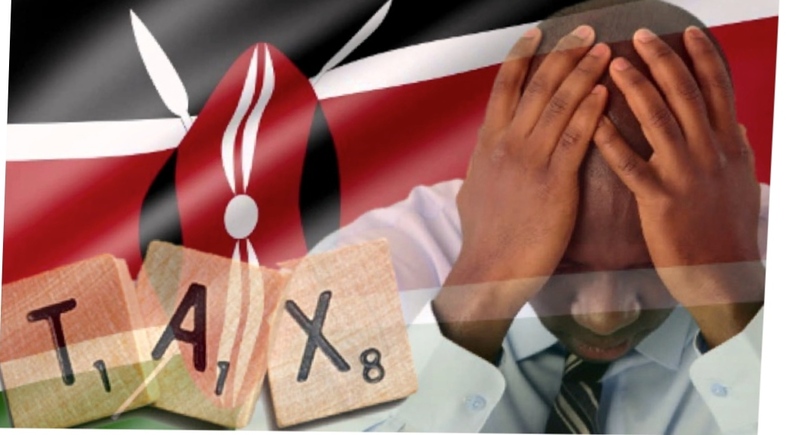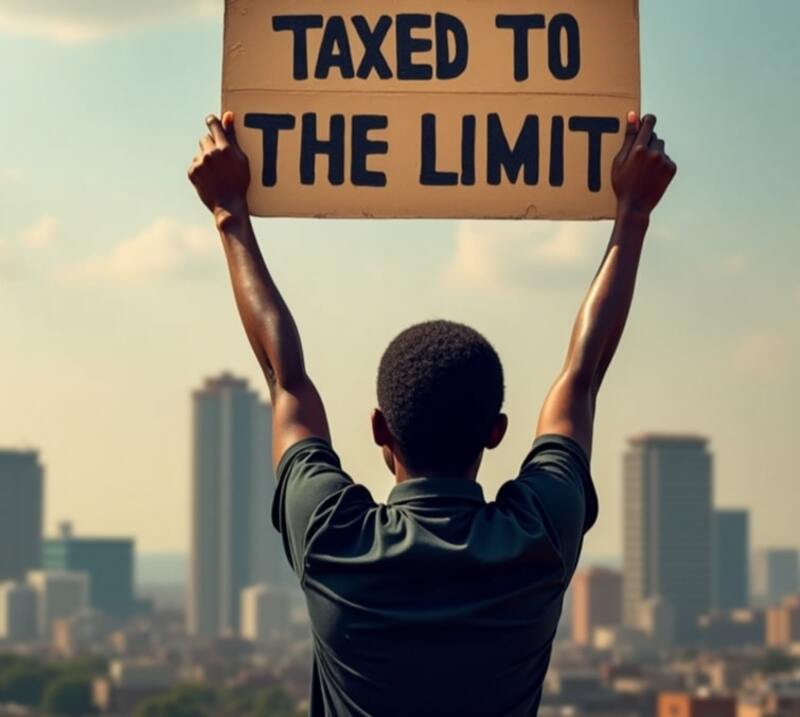 Tax burden for Kenya and its people. Photo Credits: Kenya Accounting & Tax Services via Facebook
Tax burden for Kenya and its people. Photo Credits: Kenya Accounting & Tax Services via Facebook
Taxing Troubles For Kenya: Kenyan Youths Lead Protests Against Finance Bill 2024
In Kenya, however, the government proposed significant tax hikes across multiple sectors, leading to widespread outrage from Generation Z youths. This group launched the “Occupy Everywhere, Reject Finance Bill 2024” campaign, organizing protests primarily on X Spaces and TikTok, where they criticized the government for imposing harsh and seemingly unfair tax policies.
Controversial Tax Proposals in the Finance Bill 2024
Some of the most contentious proposals in the bill that ignited public protests included:
- Annual taxation on motor vehicles
- Increased taxes on sanitary pads
- Taxation of freehold land
- Hikes on digital services
- Ksh 300 tax on individuals aged 25+ who are unemployed and living with their parents
- Tax on livestock
These proposals, which many saw as punitive, sparked outrage among Kenyan youth, culminating in widespread protests that lasted for three weeks.
Government Response and the Cost of Protest
The continued public outcry eventually forced the government to drop several of the controversial tax proposals. This marked a notable victory for the youth, showing the power of collective action. However, the protests were not without consequences. Lives were lost, and many young people were injured in clashes with law enforcement during the demonstrations.
The government must now prove that it is genuinely concerned for its citizens' well-being. If it wishes to maintain legitimacy and trust, it must address the underlying issues of economic inequality and lack of transparency.
This movement is a wake-up call for Kenyan leaders: when public frustration reaches a boiling point, the results can be devastating.
The youth, who represent the largest demographic in the country, continue to advocate for change. It's time for young Kenyans to engage politically, hold the government accountable, and demand better governance. Protests are just the beginning—active participation in elections and the political process is the way forward to secure a better future for the Kenyan people.



